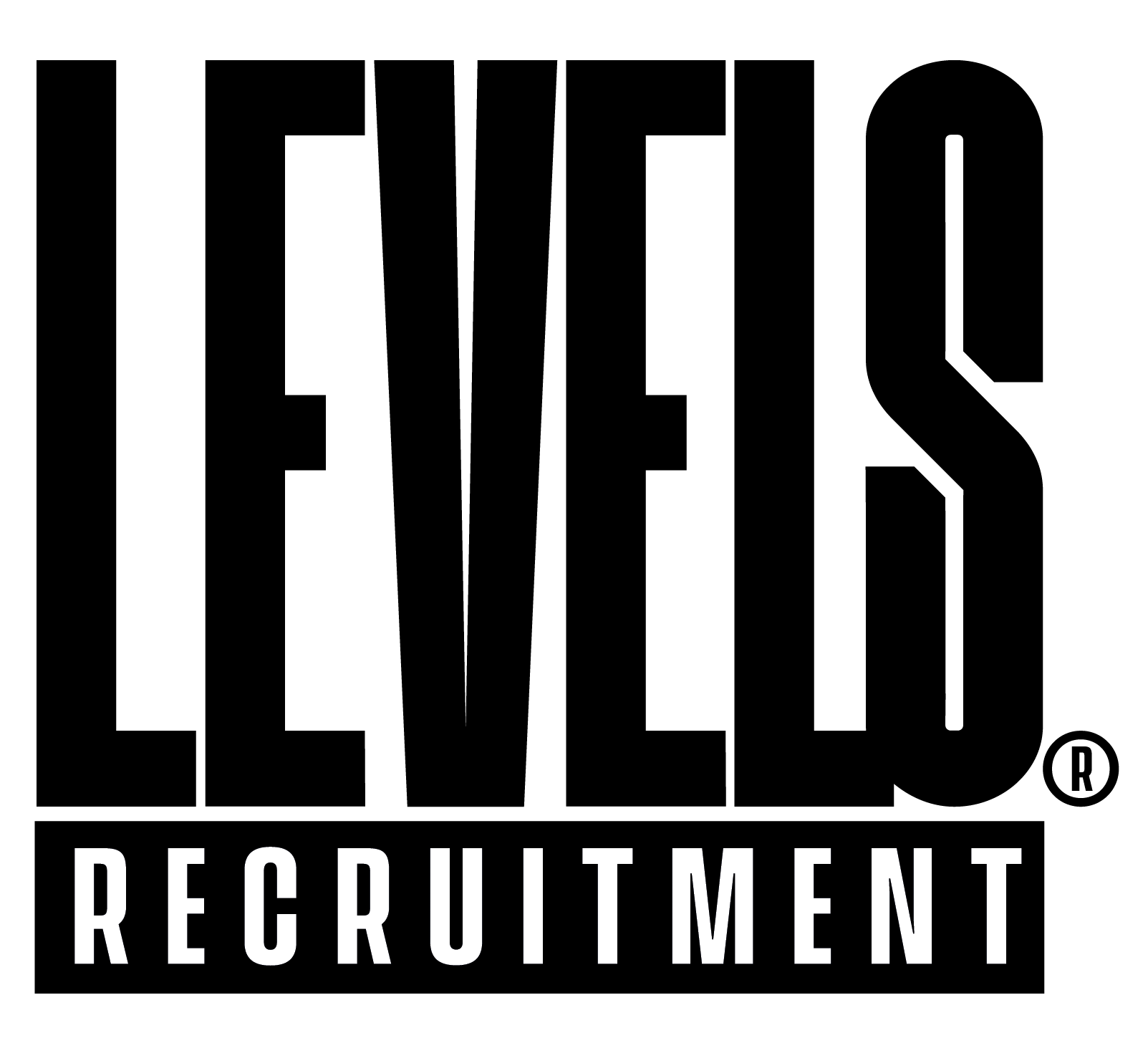Mastering the Job Interview: Strategies for 2024
Preparing for a job interview can be a nerve-wracking experience, but with the right strategies, you can master the art of interviewing and land your dream job. In today’s rapidly changing job market, it’s essential to stay up-to-date with the latest trends and technologies, including artificial intelligence (AI). By familiarising yourself with AI and other emerging technologies, you can demonstrate your adaptability and show potential employers that you’re committed to staying ahead of the curve. One of the most important strategies for acing a job interview is preparation. From researching the company to practising your answers to common interview questions, taking the time to prepare can help you feel more confident and in control during the interview. Additionally, it’s crucial to embrace your weaknesses and work on improving them, whether that means practicing your communication skills or working on your body language. By focusing on your weaknesses and making a conscious effort to improve, you can present yourself as a well-rounded candidate who is committed to personal and professional growth. Finally, effective communication is key when it comes to acing a job interview. From answering questions strategically to closing the interview strong, every aspect of your communication can make a difference in whether or not you get the job. By following these essential strategies for mastering the job interview, you can increase your chances of success and land the job of your dreams in 2024 and beyond. Preparation Is Key When it comes to job interviews, preparation is key. You should start by researching the company and the position you are applying for. This will help you understand the company’s culture, values, and goals, and will enable you to tailor your responses to the interviewer’s questions. To prepare effectively, you should also review your CV and cover letter, and make sure you can speak to your experience and qualifications. You may want to create a list of your strengths and weaknesses, and think about how you can address any potential concerns the interviewer might have. It is also important to prepare for common interview questions, such as “Tell me about yourself” and “What are your strengths and weaknesses?” Practice your responses to these questions, and consider using the STAR method (Situation, Task, Action, Result) to structure your answers. Finally, make sure you have all the necessary information about the interview, such as the time, location, and who you will be meeting. Arrive early and dress appropriately, as this will help you feel confident and prepared. By taking the time to prepare for your job interview, you will be able to showcase your skills and experience effectively, and increase your chances of landing the job. Understanding Artificial Intelligence in Interviews In today’s job market, Artificial Intelligence (AI) is becoming increasingly prevalent in the interview process. It is important to familiarise yourself with AI and understand how it may be used during your interview. AI can be used in various ways during an interview, such as analysing your facial expressions, tone of voice, and even your word choice. This information can then be used to assess your suitability for the role. It is important to keep this in mind and ensure that you are presenting yourself in the best possible light. To prepare for an AI-assisted interview, it is recommended that you practice with AI interview tools. These tools can help you identify areas where you may need improvement, such as your tone of voice or facial expressions. By understanding AI and incorporating these strategies into your interview preparation, you can increase your chances of success in today’s competitive job market. Practise Makes Perfect To increase your chances of success in a job interview, it is essential to practise beforehand. Practising can help you to become more comfortable with the process and give you the confidence to answer questions effectively. Here are two ways you can practise for your next job interview: Mock Interviews Mock interviews are a great way to practise answering common interview questions. You can ask a friend or family member to act as the interviewer and give you feedback on your answers. Alternatively, you can record yourself answering questions and then review the footage to identify areas for improvement. During a mock interview, try to simulate the real interview experience as closely as possible. Dress appropriately, research the company beforehand, and prepare responses to common interview questions. This will help you to identify any weaknesses in your interview technique and give you the opportunity to improve before the real interview. Body Language Body language is an important part of any job interview. Practising good body language can help you to appear confident and engaged during the interview. Here are a few tips to help you improve your body language: Sit up straight and maintain good posture throughout the interview. Make eye contact with the interviewer to show that you are engaged and interested. Avoid fidgeting or playing with objects during the interview. Use hand gestures to emphasise key points, but avoid excessive movement. Smile and nod to show that you are listening and engaged. By practising your interview technique and body language, you can increase your confidence and improve your chances of success in your next job interview. Addressing Weaknesses During a job interview, you may be asked about your weaknesses. It’s important to address them honestly and confidently. Here are some tips to help you handle this question: Be honest: Don’t try to hide your weaknesses or pretend that you don’t have any. Instead, be honest and upfront about them. This shows that you are self-aware and willing to improve. Show how you are addressing them: After discussing your weaknesses, explain how you are working to overcome them. This demonstrates that you are proactive and take initiative. Emphasise your strengths: While discussing your weaknesses, make sure to emphasise your strengths as well. This shows that you are well-rounded and capable. Use specific examples: When discussing your weaknesses, use specific examples to illustrate your points. This helps

